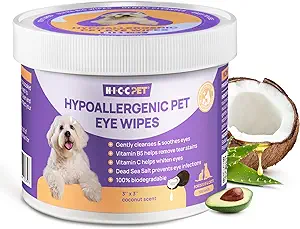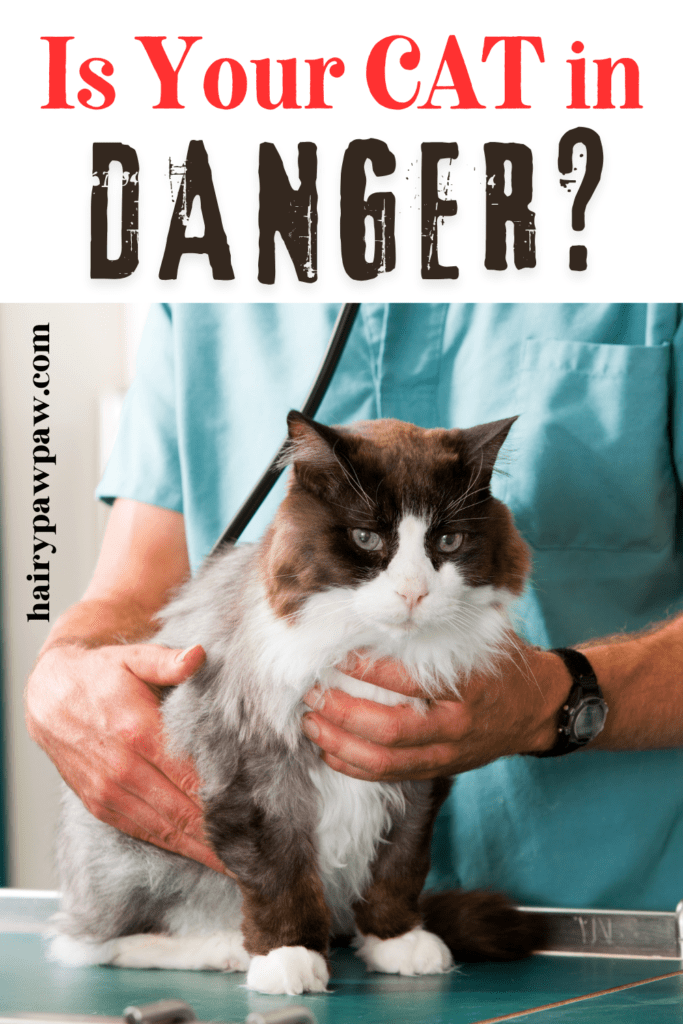British Shorthair Health Issues: Preventive Care You Need to Know
This post may contain affiliate links, which means I’ll receive a commission if you purchase through my link, at NO EXTRA COST TO YOU
The British Shorthair is generally a healthy and resilient breed, but like all cats, they are prone to certain health issues. Understanding these potential concerns can help you provide the best care and ensure your feline friend remains happy and healthy. Here’s what you need to know:

General Health
- Lifespan: British Shorthairs typically have a lifespan of 12 to 20 years, with proper care and regular veterinary checkups.
- Health Maintenance: Regular vet visits, a balanced diet, and an active lifestyle are key to maintaining their overall health and preventing common issues.
Common Health Issues
- Obesity: British Shorthairs can be prone to obesity due to their relatively low activity levels and love of food. Monitor their weight and provide a balanced diet to prevent excess weight gain.
- Dental Problems: They are susceptible to dental issues such as gingivitis and periodontal disease. Regular dental care, including brushing and veterinary checkups, is essential for maintaining oral health.
- Hypertrophic Cardiomyopathy (HCM): HCM is a common heart condition in cats, including British Shorthairs. It involves the thickening of the heart muscles, which can lead to heart failure. Regular veterinary examinations can help detect and manage this condition.
- Feline Lower Urinary Tract Disease (FLUTD): This condition can affect the urinary tract and lead to symptoms such as frequent urination, discomfort, and blood in the urine. Ensure your cat stays hydrated and maintains a healthy diet to minimize risk.
- Eye Conditions: British Shorthairs may experience eye issues such as conjunctivitis or tear duct problems. Regular monitoring and prompt veterinary care can help address any concerns.
- Respiratory Issues: Some British Shorthairs may develop respiratory problems, such as upper respiratory infections. Keep their environment clean and free of irritants to reduce the risk of respiratory issues.
Preventive Care
- Vaccinations: Ensure your British Shorthair receives all necessary vaccinations to protect against common feline diseases.
- Parasite Prevention: Regularly check for and prevent parasites such as fleas, ticks, and worms through veterinary recommendations and preventive treatments.
- Diet and Exercise: Provide a balanced diet and encourage regular exercise to maintain a healthy weight and overall well-being.
Signs to Watch For
- Be attentive to any changes in behavior, appetite, or litter box habits. Symptoms such as lethargy, weight loss, vomiting, or changes in coat condition can indicate underlying health issues.
By staying informed about common health issues and providing regular veterinary care, you can help ensure that your British Shorthair leads a long, healthy, and happy life.
In conclusion,
Ensuring the long-term health and well-being of your British Shorthair involves a combination of routine preventive care, proper nutrition, and regular vet visits. British Shorthairs are known for their robust health, but like all cats, they are prone to certain issues such as obesity, heart disease, and dental problems. By maintaining a healthy weight through a balanced diet and regular exercise, you can significantly reduce the risk of these conditions. Additionally, keeping up with vaccinations, flea treatments, and grooming helps prevent common illnesses and discomfort.
Regular vet checkups allow for early detection of potential health concerns, giving you the chance to address problems before they escalate. Dental hygiene is particularly important for British Shorthairs, as their thick-set faces can make them prone to gum disease. Incorporating mental stimulation, interactive play, and enrichment activities into their daily routine is also vital for their overall health and happiness.
By taking a proactive approach to preventive care, you can ensure that your British Shorthair enjoys a long, fulfilling, and healthy life. With proper care and attention, this beloved breed can live well into its golden years, providing you with many years of companionship and joy.





